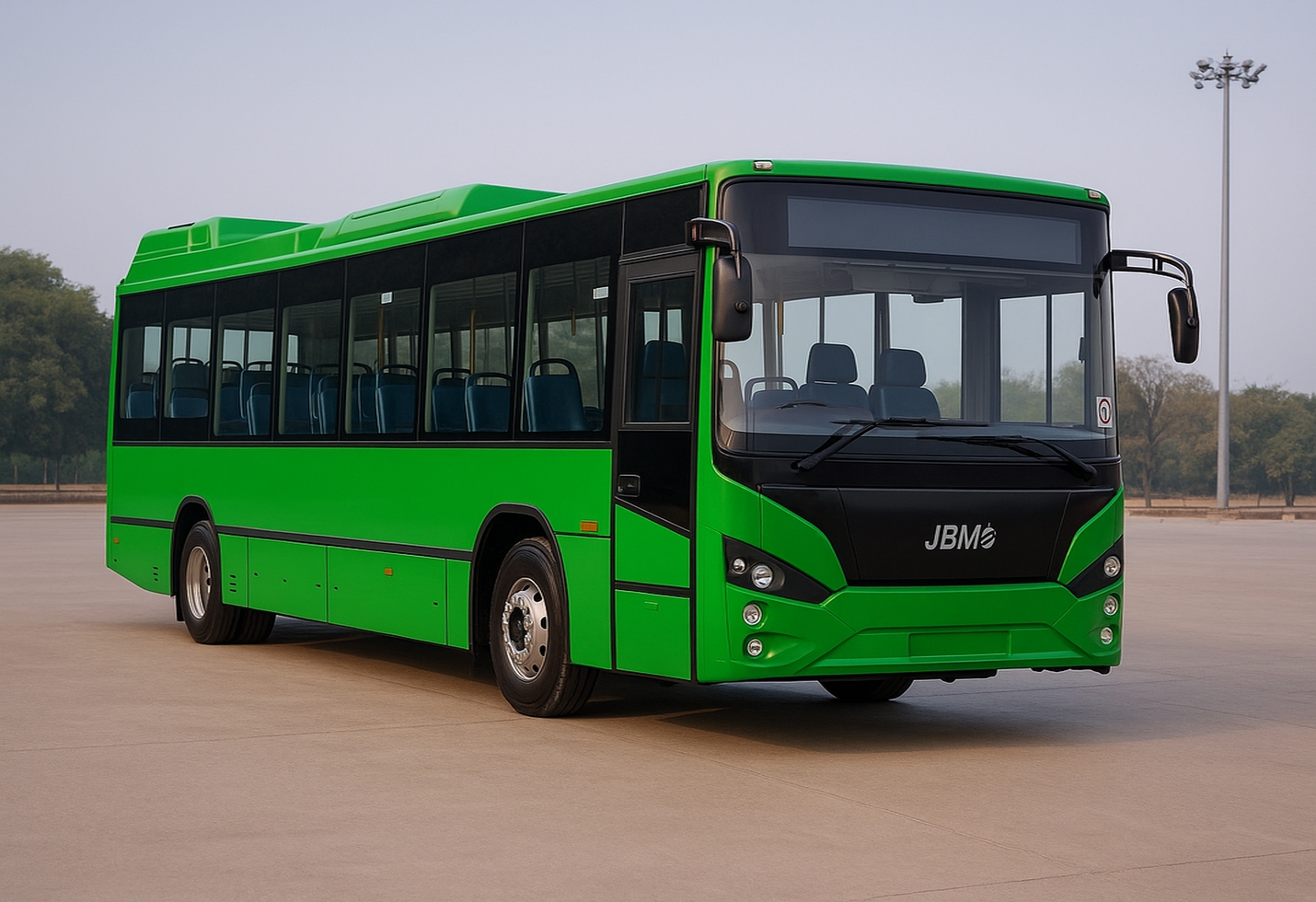JBM Auto’s EV Growth Produces Excellent FY25 Results
JBM Auto Delivers Robust FY25 Results, Declares Dividend, and Accelerates EV Expansion
JBM Auto Limited, a prominent player in India’s automotive and electric mobility space, has reported a strong financial performance for the fourth quarter and the full fiscal year ending March 31, 2025 (FY25). The company’s results reflect solid momentum across its core segments, improved operational efficiencies, and strategic positioning in the fast-growing electric vehicle (EV) industry.
Q4 FY25 Performance: Growth in Revenue and Profitability
For the January–March 2025 quarter, JBM Auto recorded a total net profit of ₹66.34 crore, up 19% year over year from ₹55.75 crore in Q4 FY24. The company’s operational revenue for the same time last year was ₹1,645.70 crore, which represents a 10.75% increase over ₹1,485.95 crore. Higher domestic demand, more orders coming in, and robust traction in its electric mobility category all contributed to this impressive success. The company also reported an EBITDA of ₹213.60 crore, which was 20.56% more than ₹177.18 crore at the same time previous year. The EBITDA margin rose 50 basis points to 12% in the fourth quarter of FY25. The quarter’s profits per share (EPS), which rose to ₹2.81 from ₹2.36 a year earlier, also showed stronger shareholder returns.
FY25 Annual Results: Continued Growth Trajectory
JBM Auto’s net profit for the year was ₹201.91 crore, 12.91% more than the ₹178.83 crore it earned in FY24. In FY21, the company’s total revenue was ₹5,525.91 crore, up more than 9.87% from FY24’s ₹5,029.67 crore. Over the course of the fiscal year, the EPS rose from ₹7.56 to ₹8.54.
Dividend Announcement: Confidence in Financial Stability
The Board of Directors of JBM Auto declared a final dividend of ₹0.85 per share for FY25, subject to approval at the next Annual General Meeting (AGM), reflecting the company’s sound financial standing and dedication to shareholder returns. Despite the capital-intensive nature of the automotive and electric vehicle industries, the company’s confidence in its profits visibility and future cash flow creation is demonstrated by this dividend distribution.
Segment-Wise Performance: OEM and Components Drive Growth
Among the key business segments:
• The OEM division saw revenues rise 18.11% year-on-year to ₹745.80 crore.
• The component division reported a 5.91% increase, bringing in ₹827.34 crore.
• The tool room division recorded a marginal decline of 0.1%, with revenues at ₹73.07 crore.
These figures highlight broad-based growth in manufacturing and supply chain operations, with the OEM segment benefiting from rising demand in the commercial and electric vehicle categories.
EV Segment: Order Wins Fuel Long-Term Prospects
One of the quarter’s major highlights was JBM Auto’s ₹5,500 crore deal for 1,021 electric buses under the PM e-bus Sewa Scheme-2. The company’s position as a major force in India’s EV revolution is cemented by this order. Both governmental transportation projects and private fleet operators have shown a great deal of interest in its electric bus brand, JBM ECO-LIFE.
The company is now ramping up capacity and infrastructure to meet the growing demand, while also investing in charging solutions, telematics platforms, and battery systems to offer a holistic EV ecosystem. These efforts are aimed at reinforcing its leadership in sustainable mobility and enhancing long-term growth prospects.
Future Outlook: Innovation, Expansion, and Export Potential
Looking ahead, JBM Auto is focused on expanding its EV portfolio to include electric light commercial vehicles (e-LCVs) and smart mobility solutions tailored for urban infrastructure. It is also exploring export opportunities in Southeast Asia, the Middle East, and Africa, capitalizing on the global push toward decarbonized transport.
With a strong order book, improved operational efficiencies, and consistent R&D investment, the company is well-positioned to scale new heights. Collaborations with mobility start-ups and technology partners are expected to accelerate innovation, enabling faster go-to-market strategies for next-generation vehicles.
Stock Performance and Analyst Views
Post-results, JBM Auto’s stock experienced moderate movement. Analysts remain bullish on its long-term prospects, citing its strategic EV investments, steady revenue growth, and robust financials. Brokerages like HDFC Securities and ICICI Direct maintain a positive stance on the stock, highlighting its potential to deliver value amid industry transformation.
Conclusion: Strong Fundamentals with Future-Ready Focus
In India’s fast-paced automotive industry, JBM Auto’s Q4 and FY25 performance attest to its standing as a high-performing, innovation-driven business. JBM Auto is well-positioned to take the lead in the nation’s shift to environmentally friendly transportation because to its increasing sales, better profit margins, and expanding electric vehicle footprint.
The image added is for representation purposes only


